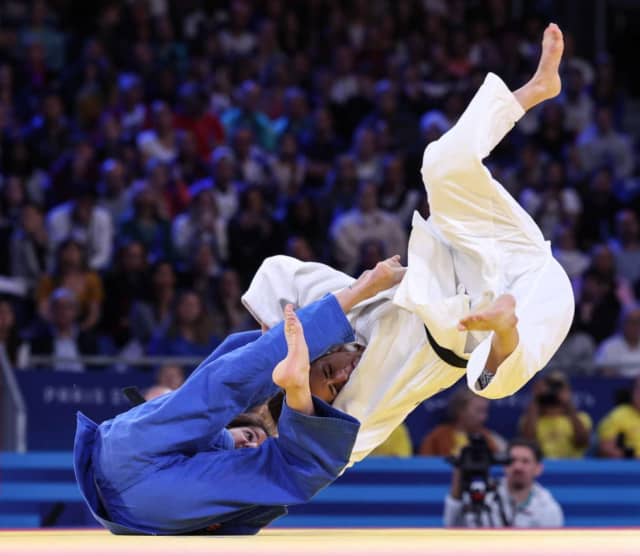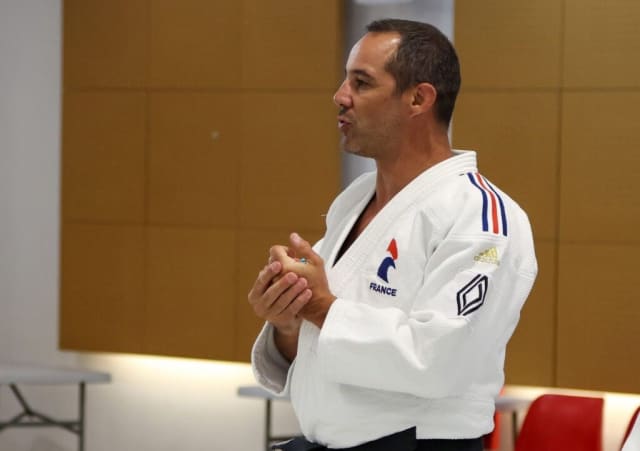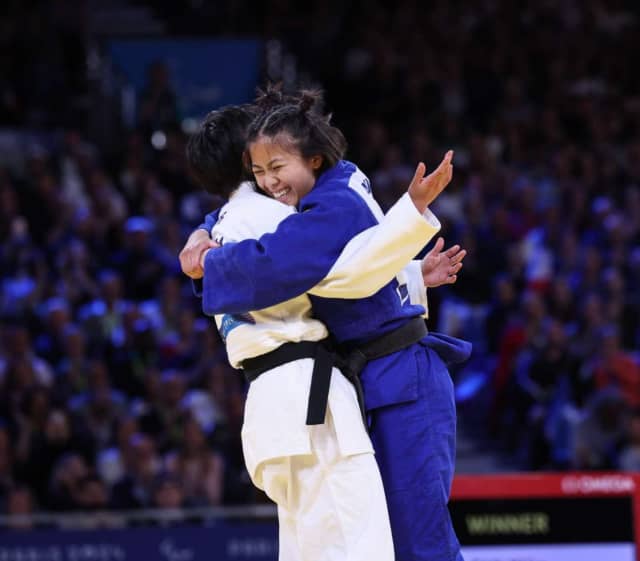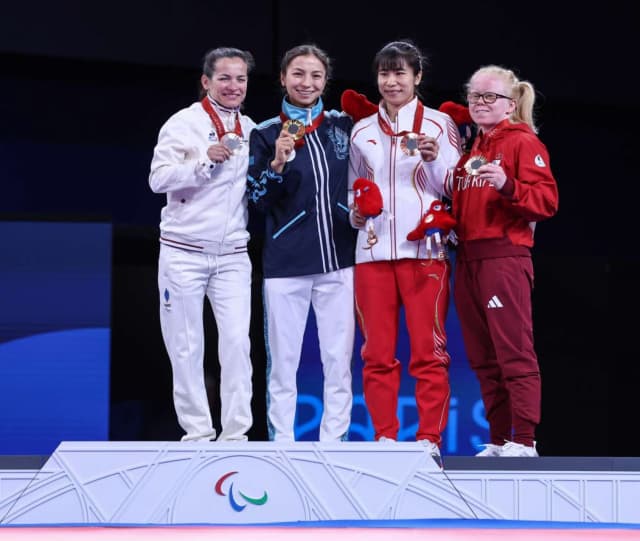It’s been a year since Paris 2024, a monumental moment for French sport and especially for Para judo on home soil. How do you reflect on that experience today?
Antoine Hays: “One year after Paris 2024, the emotion remains in tact. Experiencing the Paralympic Games on home soil was a seminal moment, for the athletes, the staff and the public alike, but looking back, I especially appreciate the structural impact; the visibility of Para judo has changed, we reached a new audience and created momentum that it is now up to us to maintain.”
After the intensity and emotion of a home Paralympics, how do you motivate the team to keep that momentum alive?
AH: “After a summit like the one in Paris, there can be a kind of void. Fortunately, we transformed this energy into a driving force. The key was to remind the athletes and staff that the Games are not an end in themselves but a step in a collective journey. We restored meaning by setting new challenges, starting in September 2025 with this European Championships.”
For many athletes and federations, a home Games is the ultimate experience. What could top that? What’s next in terms of goals or legacy?
AH: “Nothing will ever surpass Paris on an emotional level but from a sporting perspective, our next Everest is called Los Angeles 2028. We want to show that France's performance wasn't just about playing on home soil but that it's part of a lasting dynamic. Our legacy will be to establish France among the leading nations of world Para judo.”
Paris 2024 Legacy… Real or Rhetoric?
AH: “It's real! Para judo has gained visibility, clubs have welcomed new participants and the general public now identifies with our athletes. However, the promised legacy in terms of funding is complicated. Now is the time to transform this momentum into sustainable policies for training, organisation and inclusion.”
We are here in Georgia for the first IBSA European Judo Championships post-Olympics. How important is France’s presence here, so soon after Paris?
AH: “These first post-Games European Championships are a major milestone. They give real visibility to continental Para judo. For France, being here so soon after Paris is essential. It sends a clear message that we are committed for the long term, not just for a home event.”
Has there been any internal restructuring within the Para judo team or support staff since Paris 2024? What kind of changes were made, and why?
AH: “Yes, we took advantage of the post-Paris period to readjust our organisation. We went through a very complicated emotional period with the tragic departure of one of our coaches, Cyril Pages. We gave everyone time to grieve. The idea wasn't to turn everything upside down but to capitalise on successes and address weaknesses. We strengthened medical and mental health monitoring, expanded the coaching team and created more bridges with mainstream judo, to promote diversity of experience.”
What are the key development plans within France Judo for Para-athletes?
AH: “We launched new scouting programmes, notably through regional discovery and assessment days. The goal is to create a true continuum: from local practice to the highest level. We are also working to establish regional training centres and offer international para judo camps, and of course, we must already prepare for the cycle leading up to Los Angeles 2028.”
How is France Judo working to build a sustainable pipeline of Para judoka, to grow the sport at all levels?
AH: “International performance depends on the talent pool. We are developing partnerships with clubs, regional committees and specialised institutions to make Para judo accessible to as many people as possible. The idea is that every young person with a disability who wants to try judo can do so and that talented athletes can be supported towards excellence.”
What’s being done to support athletes mentally and physically post-Games?
AH: “The post-Games transition is delicate, especially after the euphoria of a home event and the loss of a beloved staff member. We have implemented enhanced psychological support, opportunities for group discussions, and are working on career transition and training alongside their athletic careers. Mental and physical wellbeing are as much a priority as performance is.”
What is your vision for France Judo’s Para programme over the next three years, looking towards Los Angeles 2028?
AH: “Our vision is clear: to consolidate the French Para judo model which combines demanding performance with a grassroots approach. We want to prepare for Los Angeles with a larger, more competitive team, while simultaneously increasing accessibility throughout France. Our ambition is two-fold: to aim for medals in 2028 and to ensure that French Para judo remains a global benchmark after 2030.”
For France Judo, Paris 2024 will always be a cherished memory. However, what truly matters now is athletes finding new strength, coaches guiding with renewed purpose and a community determined to carry the flame forward. In Tbilisi, we saw the first steps of this new journey and as the road leads to Los Angeles 2028, one thing is certain: the legacy isn’t just real, it lives in every person discovering that judo is also for them.







